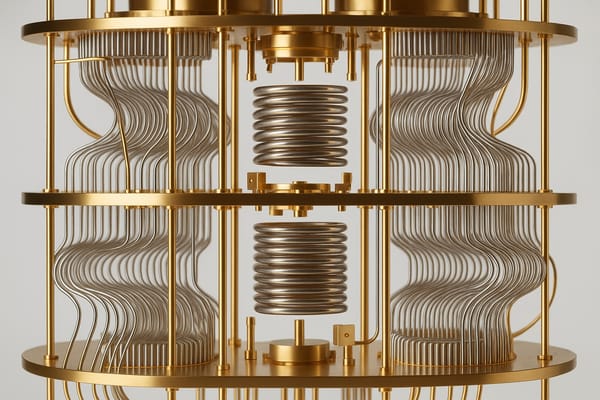Meta wants to automatically spy on "interesting moments" in your life, patent suggests
Zuck's tech can detect scenes of joy or happiness - then automatically capture images through the cameras in phones or smart glasses.
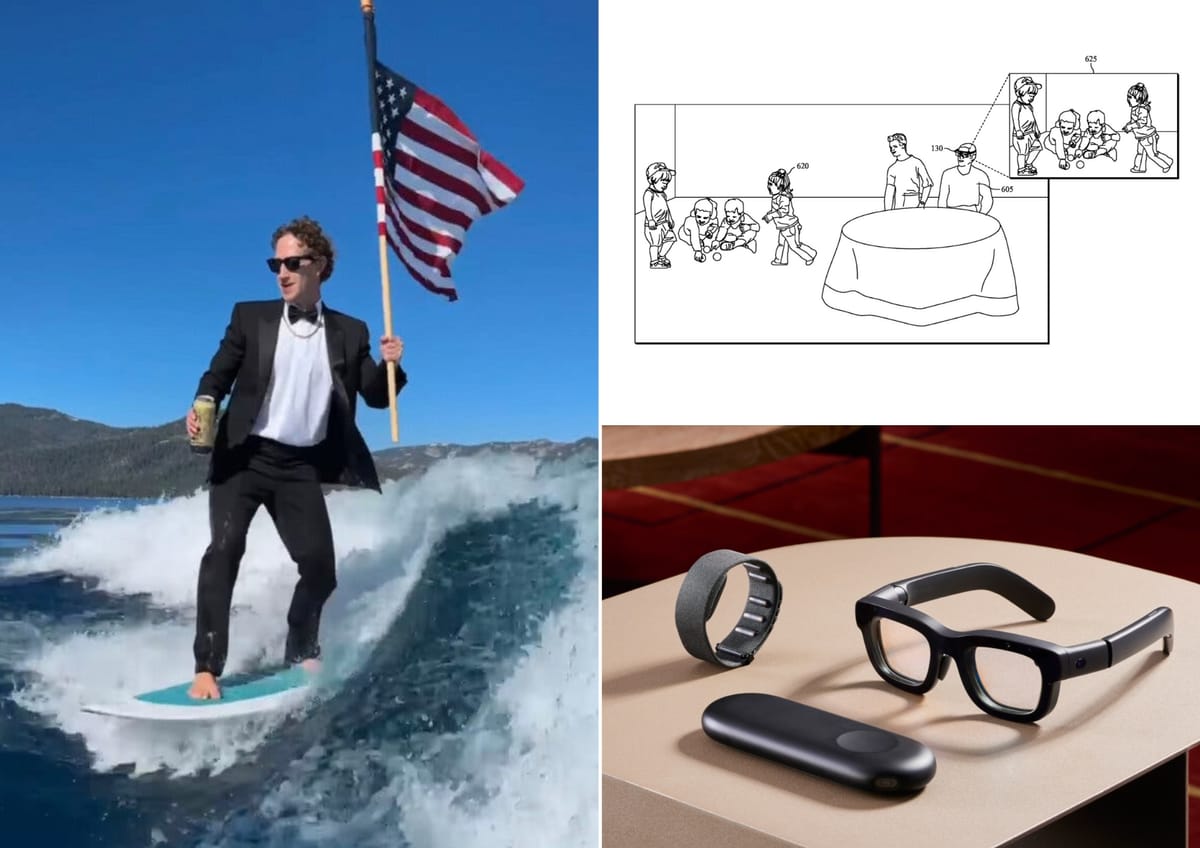
Meta founder Mark Zuckerberg has been busy rebranding himself as a kind of all-American surfer bro. Which is a strong reminder that he is most certainly not a Darth Vader of data privacy hellbent on gathering as much information about us hapless humans as possible, as once was feared.
So what has Zuck's company been up to as he wears dodgy necklaces, chugs beer, grows his hair out and acts like a weird hybrid caricature of a chill Californian beach dude that also happens to love a bit of cage fighting?
Well, the company formerly known as Facebook been hard at work building smart glasses - a technology no one seemed to want but which tech giants kept on hammering us with.
So why would the titans of Silicon Valley want us all to wear camera-equipped and internet connected glasses capable of recording everything we do?
Hmmm. Tough question that one.
Revenge of the glass-holes

The world got its first glimpse of smart glasses in 2014 when Google launched its $1,500 Glass device - which was universally panned and discontinued in 2015, leaving us with the memorable phrase "Glass-hole" to describe people who wore them.
However, Meta’s Ray-Ban smart glasses have been a rare semi-success in the smart glasses market, shifting one million units last year.
Even if you haven't got a pair and you're friends with exciting people who don't want their private moments invaded, you'll probably end up sitting on the tube or across a pub table with someone wearing them. Which is a reminder to watch what you say or do at all times, because nothing has a grimmer effect on freedom of speech than omnipresent recording technology.
Now Machine has unearthed a Meta patent which gives us a clue about the ever-so-slightly nightmarish future this kind of technology could soon usher in.
Zuck's researchers have designed a system that can automatically capture "interesting moments" in your life.
The patent application was filed in 2024 and published earlier this year. It describes a system where an "AI-powered assistant system" automatically captures photos and videos from a user's phone, smartwatch, smart glasses, AR/VR headset and a range of other gadgets.
For some reason, we can't link to documents held by the US patent office, so try searching for patent number 20250037462 in the first box at this link to find it. It's called "Auto-Capture of Interesting Moments by Assistant Systems".
What are interesting moments and why does Meta want to record them?
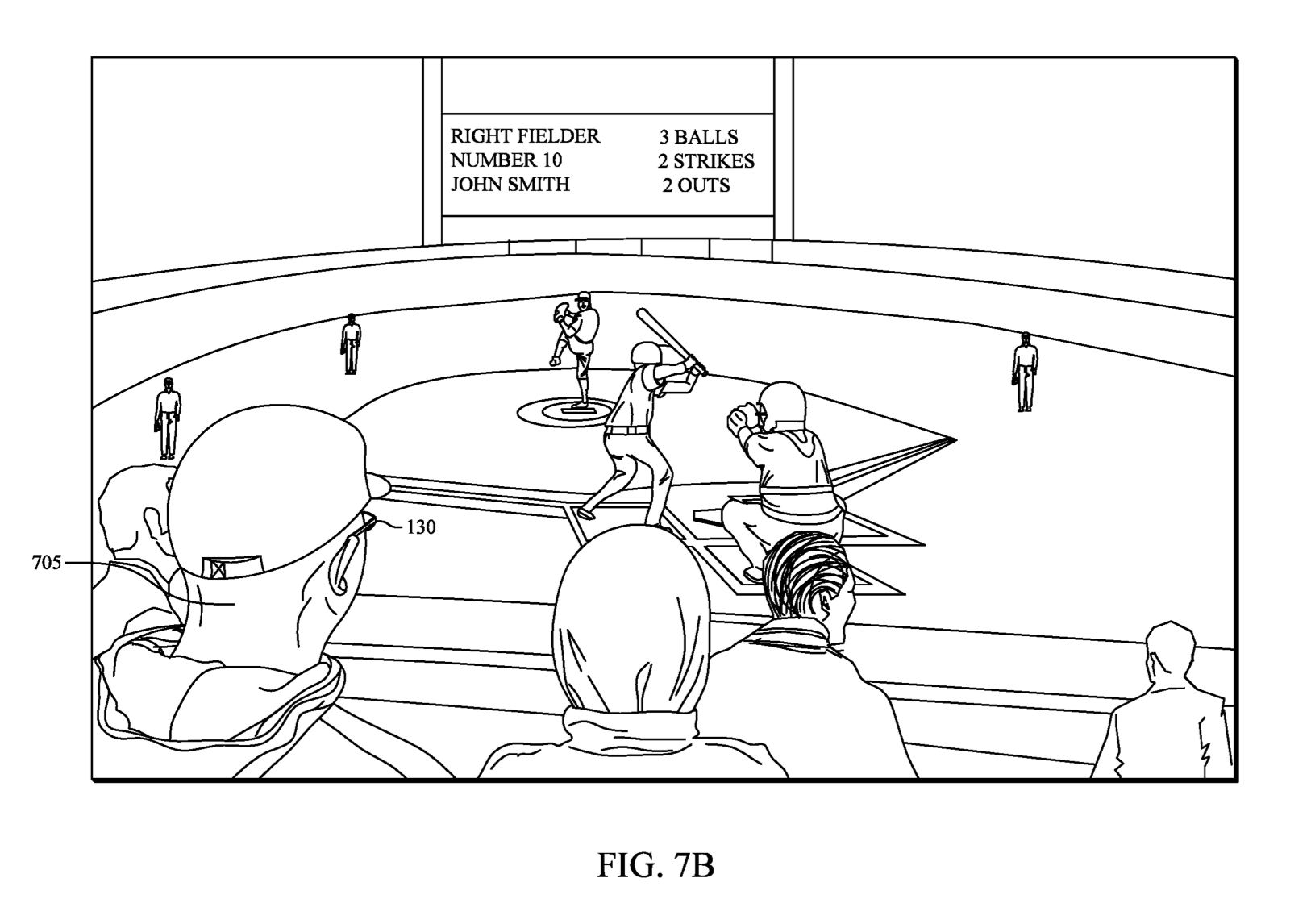
The tech draws on Meta's deep well of knowledge about its users to determine what sort of moments they might find meaningful.
It also analyses everything from the user's actions or movements to "determine interesting moments based on different criteria".
Meta can listen out for signs of conversation, which could indicate that something is happening that needs to be recorded and documented.
It can also work out what's happening in front of the user by peering through their camera to detect "visual signals" such as "jumping into the pool, waving hands, or kicking a ball".
Another key sign that something interesting is happening could be that the user has moved their head by a significant amount or pointed the camera at something.
It can even listen out for an "audible exclamation" such as "wow", whereupon it will start recording.
Available for weddings, kids parties and other celebrations...
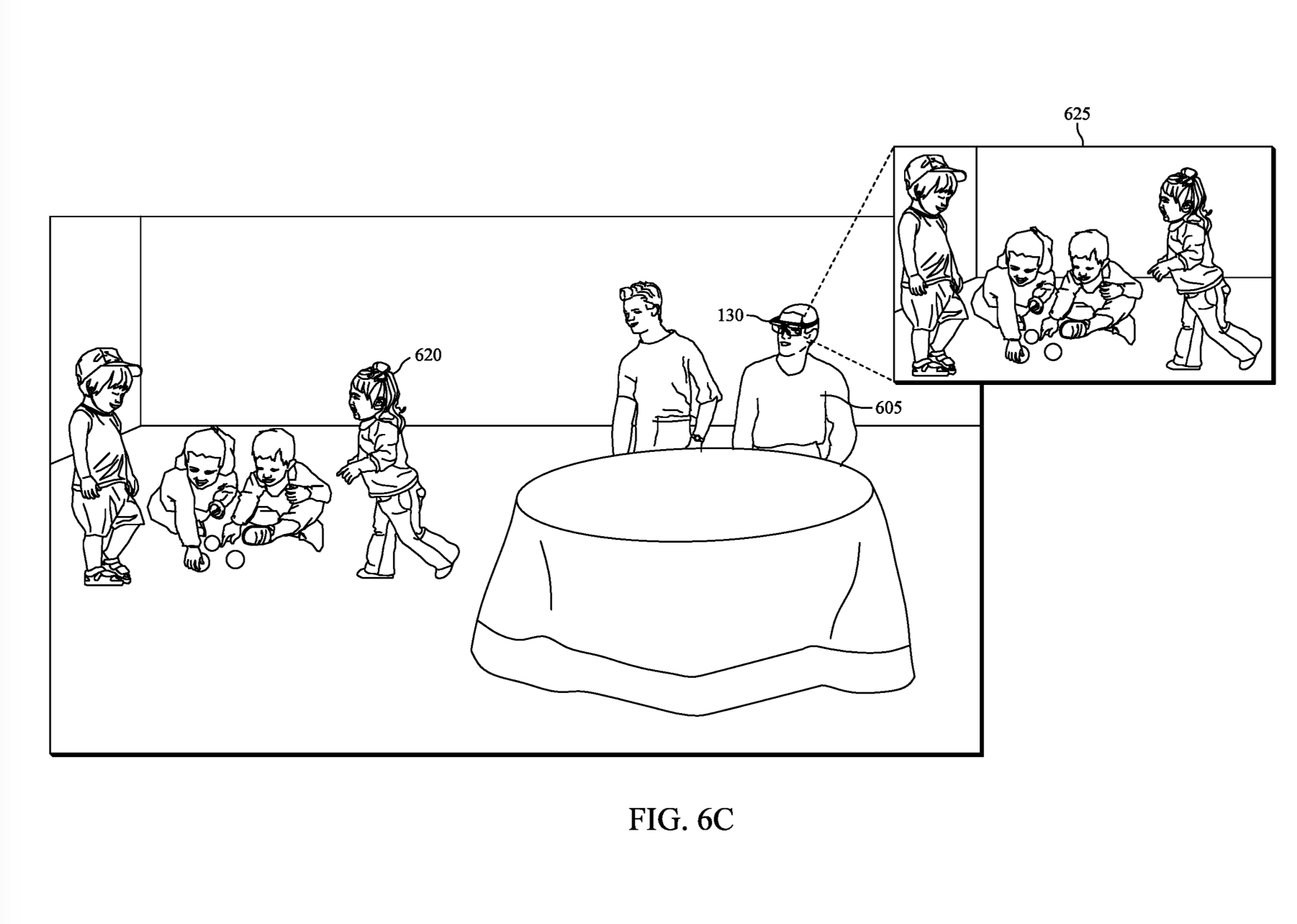
To illustrate the totally-not-creepy capabilities of the interesting moments-recording tech, Meta describes what might happen at a child's birthday party (see below).
First, the assistant system will "determine the time and location of the birthday party and who the birthday party is for (e.g., the user's child) based on the knowledge about the user".
"Accordingly, when there's a change of the user's context satisfying the trigger (i.e., the time comes and the user is at the party location), the assistant system may start the auto-capture of the party but focus on capturing photos of the user's child (versus other people at the party based on facial recognition by a computer-vision model) when the child is happy (versus crying based on sentiment analysis by a convolutional neural network model)."
In other words, it can tell when a kid is happy by analysing their emotions and then captures an image of that heart-warming scene.
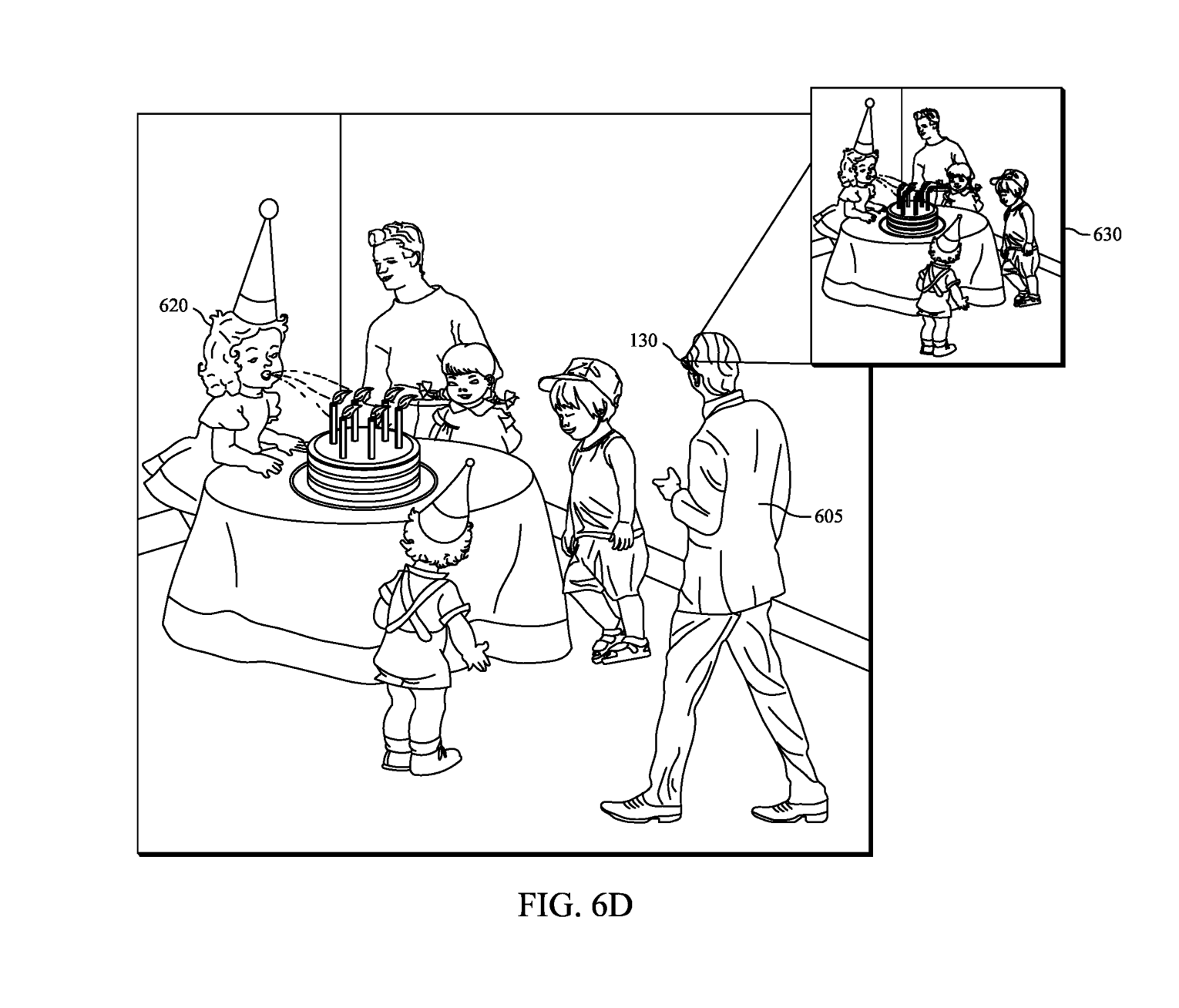
The patent also gives the example of hiking to show off the power of its fun-times spy technology.
"The assistant system may determine the interesting moments as comprising such significant amount of motion," Meta wrote. "Examples of such motion may comprise a headset falling on the ground or a user falling during walking/hiking/running."
It could also include signs such as a person, dog or other "interesting animal" appearing on the trail or if the user stopped walking during the hike and started looking around "when they see a nice view" or a "nearby and interesting object" like "a waterfall, large tree, or interesting plant)".
Meta's assistant system can even work out when a user has pointed their finger at something.
The patent hints - but does not explicitly say - that it could even use retinal scans to detect a user's emotions. Meta will let people upload images of their eyes or face, which can then be compared with their delight and excitement when an interesting moment has occurred.
Wonderful stuff, we're sure you'll agree.
Orion and Meta's dream of smart glasses for all
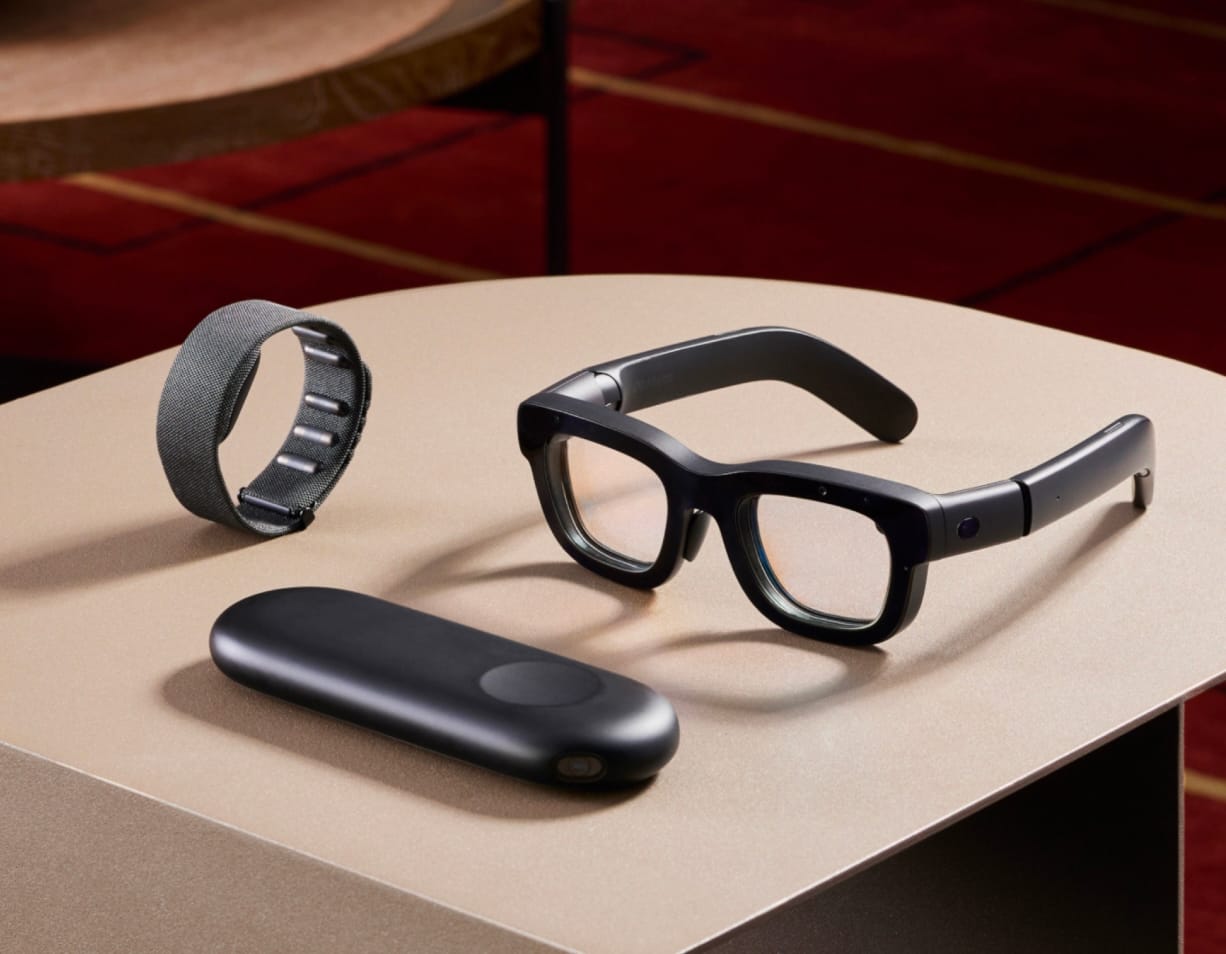
On the very same day we wrote this story, Meta spoke to the Press Association - a news agency that writes a depressingly large chunk of all the news that national publications publish here in the UK - to tell the world that smart glasses are the "future of computing".
Last year, Meta tested the release a new pair of augmented reality smart glasses named Orion which have been under development for roughly a decade and can overlay computer graphics onto the real world - a tech that's called augmented reality.
This unbelievably dorky-looking wearable combines the functionality of smart glasses with AR/VR headsets to "help people augment their lives and improve their lives in the best way possible."
Meta Vice President Alex Himel said: "I think with Orion, we also demonstrated that true augmented reality glasses are going to be available earlier than we had previously thought."
“I think fundamentally, we’re trying to connect people, and in order to connect you with everyone who matters to you and all the interests you have, the devices need to be accessible broadly,” he added.
Smashing news. Meta's camera-equipped glasses are coming to a children's party near you very soon. Who wouldn't be happy about that?
We have written to Meta for comment.
It is worth noting that a patent does not guarantee that the technology will make it into production. This means we have some time to stop it.
Get in touch at the address below to share your comments on the privacy implications of Meta's tech.
Have you got a story or insights to share? Get in touch and let us know.



